- August 26, 2024
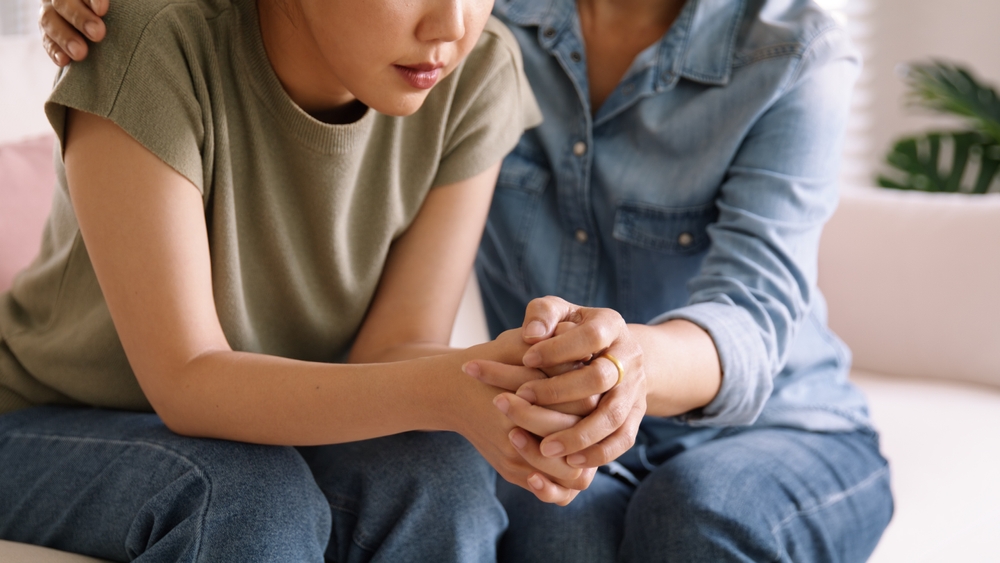
When you've been injured due to someone else's negligence, the impact on your life can be far-reaching. Beyond the immediate physical pain and financial burden of medical bills, a serious injury can rob you of your ability to enjoy life as you once did. This loss of enjoyment in life is a genuine consequence of personal injury that the legal system recognizes.
A Detroit personal injury lawyer can help you sue for this loss of enjoyment in life. Let's explore this important aspect of personal injury law
Contact us online, and let us safeguard your rights and future.
Understanding Loss of Enjoyment in Life
So, what does "loss of enjoyment in life" mean in the context of personal injury claims? This term refers to the diminished ability to participate in and derive pleasure from activities that were once an important part of your life. It encompasses many experiences, from major life events to everyday pleasures.
Examples of loss of enjoyment might include:
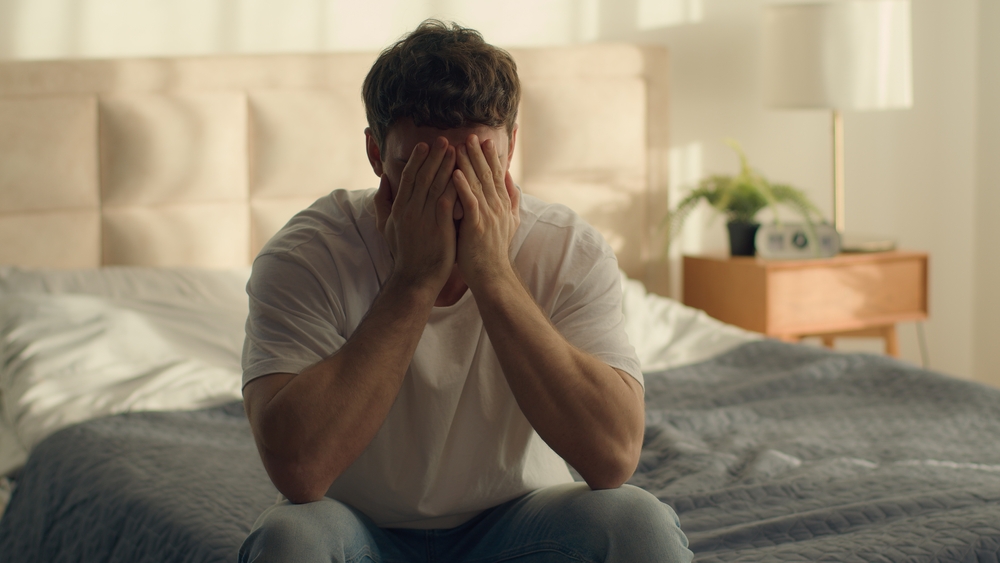
- No longer being able to play sports or engage in physical activities you once loved
- Inability to pursue hobbies or interests due to physical limitations
- Reduced capacity to interact socially or maintain relationships
- Difficulty performing basic daily tasks or self-care activities
- Loss of intimacy or sexual function
- Inability to participate fully in family life or care for children
- Reduced ability to travel or explore new experiences
- Loss of career satisfaction or the ability to advance professionally
These examples illustrate how an injury can profoundly affect one's quality of life, often beyond what money can measure.
Accidents that Can Cause Loss of Enjoyment of Life
Negligence can cause a wide variety of incidents and injuries that can have a far-reaching impact on an individual’s life, leading to loss of enjoyment of life. Here are some of the most common:
- Motor Vehicle Accidents: Car accident, truck accident, motorcycle accident, and pedestrian accidents can result in severe injuries that drastically alter a person's lifestyle. These might include:
- Spinal cord injuries leading to paralysis
- Traumatic brain injuries affecting cognitive function
- Amputations limiting mobility and independence
- Severe burns causing physical pain and emotional distress
- Workplace Accidents: Injuries sustained on the job can significantly impact a person's ability to work and enjoy life outside of work:
- Falls from heights causing back or neck injuries
- Repetitive strain injuries leading to chronic pain
- Exposure to toxic substances resulting in long-term health issues
- Machinery accidents causing loss of limbs or sensory impairment
- Medical Malpractice: Errors in medical treatment can have devastating consequences:
- Surgical errors leading to permanent disability
- Misdiagnosis or delayed diagnosis allowing conditions to worsen
- Medication errors causing adverse reactions or long-term health problems
- Birth injuries affecting a child's development and family dynamics
- Slip and Fall Accidents: These common accidents can cause more than just temporary pain:
- Hip fractures in older adults, potentially leading to loss of independence
- Head injuries from falls, affecting cognitive abilities
- Back injuries limiting mobility and causing chronic pain
- Defective Products: Malfunctioning products can cause unexpected and severe injuries:
- Faulty automotive parts leading to crashes and resulting injuries
- Defective medical devices causing health complications
- Dangerous consumer products resulting in burns, lacerations, or other injuries
- Assault and Battery: Violent acts can leave both physical and psychological scars:
- Physical injuries from attacks
- Post-traumatic stress disorder (PTSD) affecting daily life and relationships
- Emotional trauma leading to anxiety, depression, or agoraphobia
- Dog Bites: Severe animal attacks can cause:
- Disfiguring injuries affecting self-esteem and social interactions
- Nerve damage impacting sensation or motor function
- Psychological trauma, including fear of animals or public spaces
- Construction Accidents: The dangerous nature of construction work can lead to severe injuries:
- Falls from scaffolding causing spinal injuries
- Electrocution resulting in neurological damage
- Crush injuries from falling objects, potentially causing permanent disability
- Environmental Hazards: Exposure to harmful substances can have long-lasting effects:
- Asbestos exposure leading to mesothelioma or other cancers
- Lead poisoning affecting cognitive function, especially in children
- Water contamination causing various health issues
The loss of enjoyment of life isn't always immediately apparent following an accident or injury. Sometimes, the full impact only becomes clear over time as an individual realizes how much their injury affects their daily life, relationships, and ability to engage in previously enjoyed activities.
The Legal Basis for Loss of Enjoyment Claims
In personal injury law, loss of enjoyment in life falls under non-economic damages. Unlike economic damages such as medical bills or lost wages, which have a clear dollar value, non-economic damages are more subjective and harder to quantify. However, they are no less real or important to the injured party.
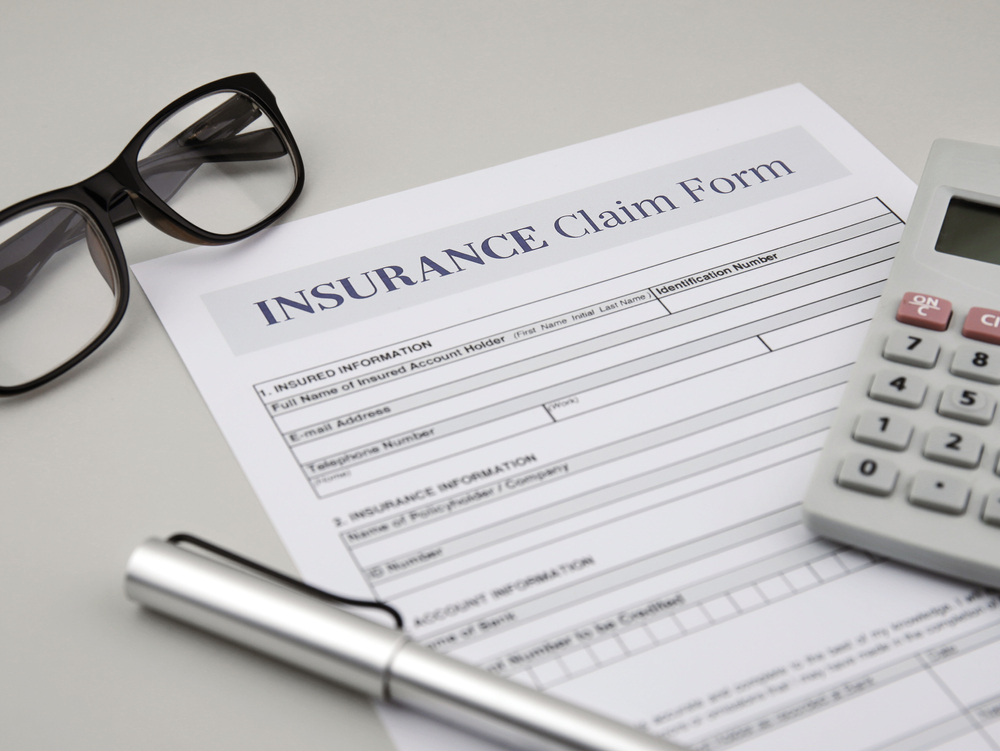
The legal system recognizes that an injury's impact extends beyond just the physical harm and financial costs. As such, many jurisdictions, including Michigan, allow plaintiffs to seek compensation for intangible losses, including pain and suffering, emotional distress, and loss of enjoyment in life.
Can You Sue Specifically for Loss of Enjoyment in Life?
The short answer is yes, you can sue for loss of enjoyment in life—but it's important to understand that this typically isn't a standalone claim. Instead, it's usually one component of a larger personal injury lawsuit.
When you file a personal injury claim, you're essentially suing the responsible party for all the damages you've suffered due to their negligence. This includes both economic and non-economic damages. Loss of enjoyment in life falls under the non-economic category, along with other intangible losses like pain and suffering.
So, while you wouldn't typically file a lawsuit solely for loss of enjoyment in life, it can significantly determine the overall compensation you seek in a personal injury case. Your attorney will work to demonstrate how your injury has diminished your quality of life and argue for appropriate compensation as part of your overall claim.
Proving Loss of Enjoyment in Life
Establishing loss of enjoyment in life can be challenging, as it's a subjective experience. However, there are several ways to build a strong case:
- Personal Testimony: It is crucial to provide your own account of how the injury has affected your daily life and ability to enjoy activities. Be prepared to provide specific examples of activities you can no longer do or enjoy as much.
- Testimony from Family and Friends: Those close to you can provide valuable insight into how your life has changed since the injury. They can testify about activities you used to enjoy and how your behavior or mood has been affected.
- Expert Witnesses: Medical professionals can explain how your injuries typically impact a person's ability to perform certain activities or enjoy life. Mental health professionals can also testify about the psychological impact of your injuries.
- Documentation: Keep a journal detailing your daily experiences, challenges, and limitations. Photos or videos showing your life before and after the injury can also be powerful evidence.
- Objective Evidence: While enjoyment is subjective, some aspects can be measured objectively. For instance, if you can no longer participate in a sport, you might provide evidence of your prior involvement through team rosters or competition results.
Factors That Influence Compensation for Loss of Enjoyment
When determining compensation for loss of enjoyment in life, several factors are typically considered:
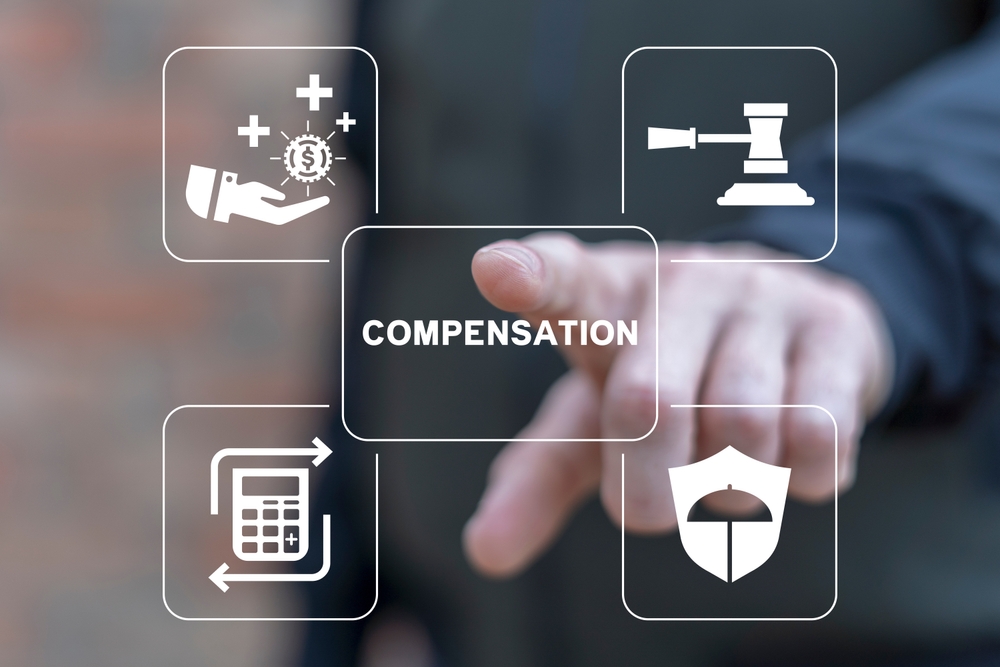
- Severity and Permanence of the Injury: More severe and long-lasting injuries generally result in higher compensation, as they're likely to significantly affect your quality of life.
- Age of the Plaintiff: Younger plaintiffs may receive higher awards as they potentially face a longer period of diminished enjoyment.
- Pre-Injury Lifestyle: The extent to which you were active and engaged in various activities before the injury can influence the perceived impact on your quality of life.
- Impact on Specific Activities: If the injury prevents you from engaging in important activities (e.g., a professional athlete who can no longer compete), this may increase the compensation.
- Overall Life Circumstances: Your family situation, career, and other life circumstances will be considered in assessing how the injury has affected your enjoyment of life.
Challenges in Claiming Loss of Enjoyment
While loss of enjoyment in life is a recognized form of damages, there are challenges in pursuing these claims:
- Subjectivity: The inherently subjective nature of enjoyment can make it difficult to quantify and prove in court.
- Skepticism: Some jurors or insurance adjusters may be skeptical of claims that seem less tangible than physical injuries or economic losses.
- Caps on Non-Economic Damages: Some states, including Michigan, have laws limiting the amount of non-economic damages that can be awarded in certain cases.
- Difficulty in Separation: It can be challenging to separate loss of enjoyment from other non-economic damages like pain and suffering, potentially leading to arguments about double recovery.
- Pre-Existing Conditions: If you had conditions that already limited your enjoyment of life before the injury, it may be more difficult to prove additional loss.
The Importance of Legal Representation
Given the complexities of claiming loss of enjoyment in life, you want an experienced legal representation. A skilled personal injury attorney can help you in several ways:
- Building a Strong Case: Your attorney will know how to gather and present evidence effectively to demonstrate your loss of enjoyment.
- Calculating Damages: Experienced lawyers have methods for quantifying non-economic damages like loss of enjoyment, ensuring you seek appropriate compensation.
- Negotiating with Insurance Companies: Insurance companies may try to minimize or dismiss claims for loss of enjoyment. Your attorney can advocate on your behalf and push for fair compensation.
- Presenting Your Case in Court: If your case goes to trial, your attorney can effectively communicate the impact of your injuries on your quality of life to the jury.
- Navigating Legal Complexities: Your lawyer will be familiar with relevant laws and precedents, including any limitations on non-economic damages in your jurisdiction.
At Goodman Acker PC, our attorneys have extensive experience handling personal injury cases, including claims for loss of enjoyment in life. We understand the profound impact that injuries can have on a person's quality of life, and we're committed to helping our clients seek full and fair compensation for all their losses.
The Broader Impact of Loss of Enjoyment Claims
Recognizing loss of enjoyment as a compensable form of damages serves several important purposes in our legal system:
- Holistic Justice: It acknowledges that the impact of an injury goes beyond just physical harm and financial loss, providing a more complete form of justice for injury victims.
- Deterrence: Increasing the potential costs of negligence may encourage individuals and organizations to take greater care to prevent injuries.
- Quality of Life Awareness: These claims highlight the importance of quality of life issues, potentially influencing public policy and safety standards.
- Psychological Validation: For injury victims, having their loss of enjoyment recognized by the legal system can provide important psychological validation of their experiences.
Contact Goodman Acker PC to Discuss Your Case
While you can't file a lawsuit solely for loss of enjoyment in life, it is a significant and recognized component of personal injury claims. If you've been injured due to someone else's negligence and find that your ability to enjoy life has diminished, you can seek compensation for this loss.
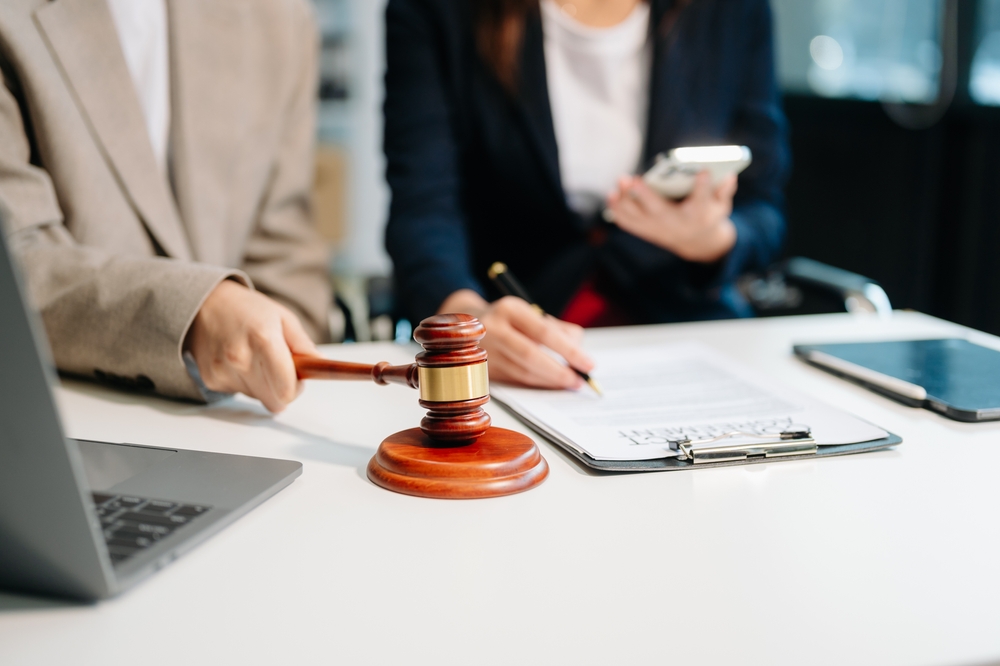
However, proving and quantifying loss of enjoyment can be challenging. It requires a nuanced understanding of personal injury law and the ability to effectively communicate the impact of an injury on a person's quality of life. That's why you need to work with experienced personal injury attorneys who can help you build a strong case and seek the full compensation you deserve.
At Goodman Acker PC, we're dedicated to helping injury victims in Michigan navigate these complex legal waters. Our team of skilled attorneys understands the profound impact that injuries can have on a person's life, and we're committed to fighting for the rights and well-being of our clients.
If you've suffered an injury that has diminished your enjoyment of life, don't suffer in silence. Contact the personal injury attorney at Goodman Acker PC today at (248) 831-1507; or through our online form for a free consultation. We're here to listen to your story, evaluate your case, and explain your options for seeking justice and compensation.
Contact us online, and let us safeguard your rights and future.

